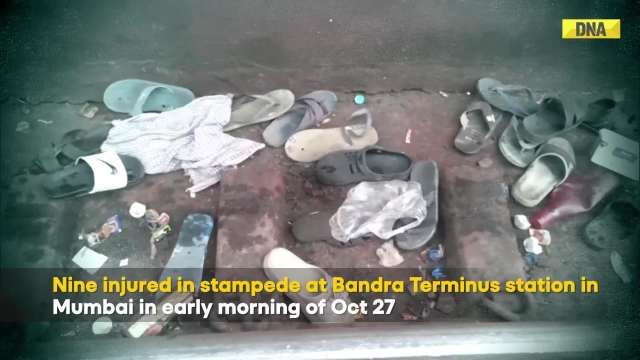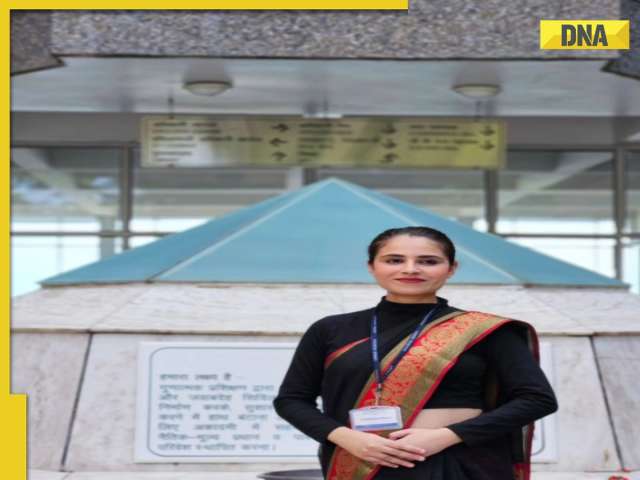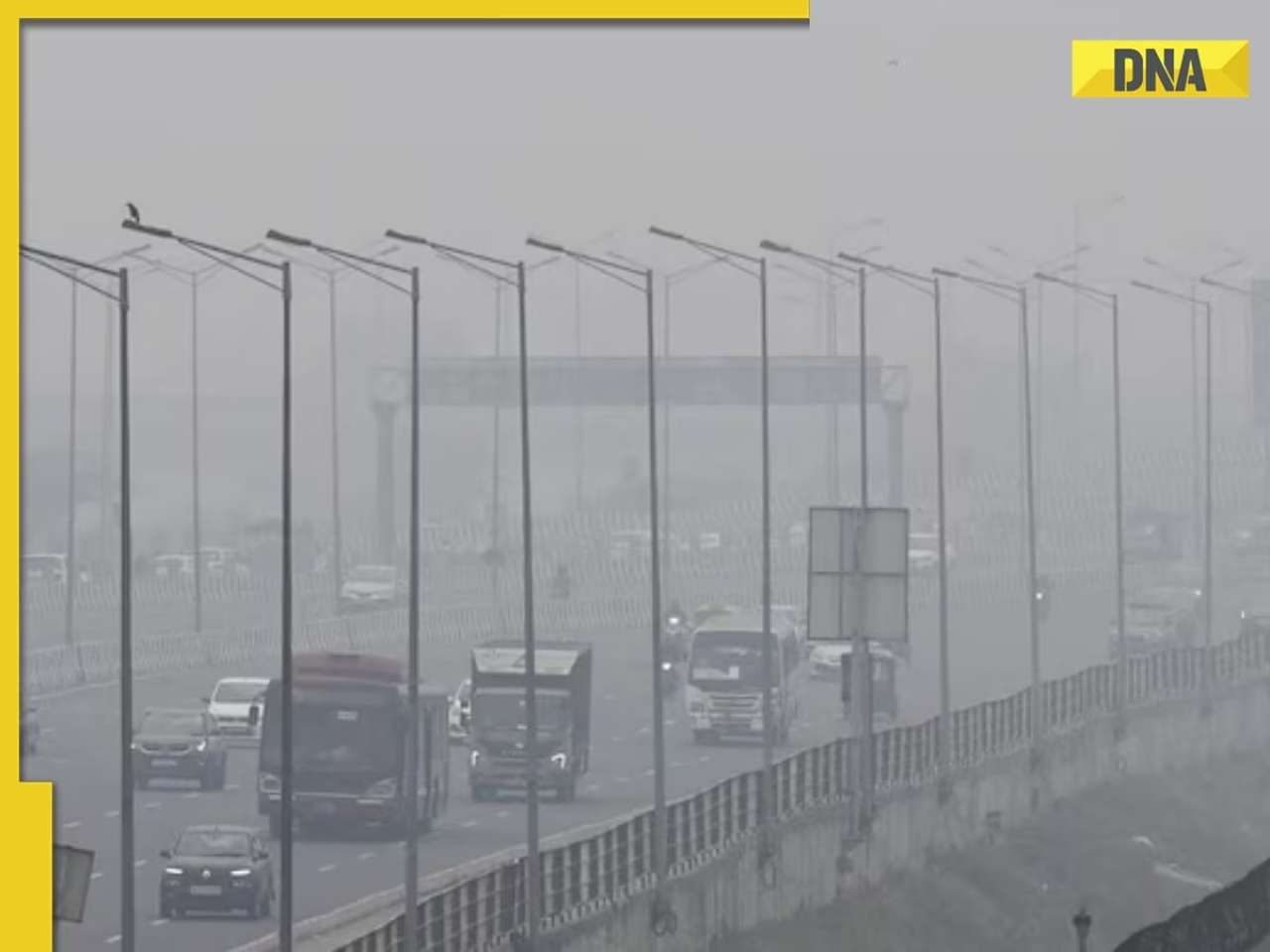- LATEST
- WEBSTORY
- TRENDING
VIRAL
Paris Olympics 2024: Here's what happens to Olympic villages once games are over
Olympic Villages have evolved from temporary structures to sophisticated, sustainable communities, transforming into lasting residential and commercial spaces post-Games.
TRENDING NOW
Paris Olympics 2024: The Olympic Games, as we know them today, trace their origins back to Athens 1896. However, ancient Greece had its own set of religious festivals honoring Zeus, where athletes from various city-states competed. These ancient Olympic Games date back 2,800 years, with the first event occurring in 776 BC. Held every four years, these Games even led to the creation of the "Olympiad," a time measurement unit in ancient Greece.
The name "Olympic Games" is derived from Mount Olympus, the home of the Greek gods. The ancient Games were conducted for approximately four centuries before being discontinued, possibly due to a fire that destroyed the Temple of Olympian Zeus. Fast forward to 1896, Athens hosted the first modern Olympic Games. By 1924, the Olympics arrived in Paris, marking the first instance of an Olympic Village, albeit a temporary one.
Paris 1924: The First Olympic Village
For the 1924 Summer Olympics in Paris, wooden huts were constructed near the Stade de Colombes to house athletes. This "Olympic Village" provided shared amenities such as a post office, currency exchange, and dining halls. Despite being a temporary structure, the Stade de Colombes remains today, renamed Yves-du-Manoir. The adjacent site has since been developed and has hosted numerous national and international competitions.
Let’s take a look at the Olympic Games villages and their fate thereafter in last two two decades:
Sydney 2000: Sustainable Development
The Olympic Village in Sydney, located in Newington, was designed with environmental sustainability in mind. It served as the sole accommodation for the Games, providing easy access to the main venues. After the Olympics, the new apartments and houses were sold or rented, transforming the Village into a residential area for over 5,000 people. Some modular units were repurposed into schools and nurseries.
Athens 2004: Social Housing Legacy
The Athens Olympic Village, developed by the Greek Social Housing Association (OEK), was intended to provide social housing for over 10,000 people post-Games. Although the initial plans included infrastructure like schools and hospitals, many of these were never built, leaving the area under-occupied and not fully developed as intended.
London 2012: A Model of Urban Regeneration
Located in Stratford, the London Olympic Village was a key element in the city's regeneration efforts. Post-Games, it was transformed into East Village, featuring shops, cafés, recreational spaces, and a school. The polyclinic was repurposed as a health centre named after Sir Ludwig Guttmann, the founder of the Paralympic Games.
Rio 2016: Community-Oriented Transformation
The Rio Olympic Village in Barra was designed to provide comprehensive services to its residents. After the Games, it is being converted into a public park with sports courts, playgrounds, and landscaped areas, aimed at serving the local communities.
Tokyo 2020: Resilience Amidst a Pandemic
Initially scheduled for 2020, the Tokyo Olympics were postponed to 2021 due to the Covid-19 pandemic. Held without public spectators, the Games featured an Olympic Village in Harumi with over 5,000 units. Post-Games, this area is being developed into a residential complex known as Harumi Flag.
Paris 2024: A Return to the City of Light
A century later, Paris will again host the Olympics in 2024. The new Olympic Village, constructed in the northeastern suburbs, will be transformed into a mixed-use development post-Games. The complex will accommodate 6,000 office workers and provide housing for an additional 6,000 residents.
From temporary wooden huts to state-of-the-art residential complexes, Olympic Villages have evolved significantly, reflecting changes in urban planning, sustainability, and community development.
The DNA app is now available for download on the Google Play Store. Please download the app and share your feedback with us.







)


























































